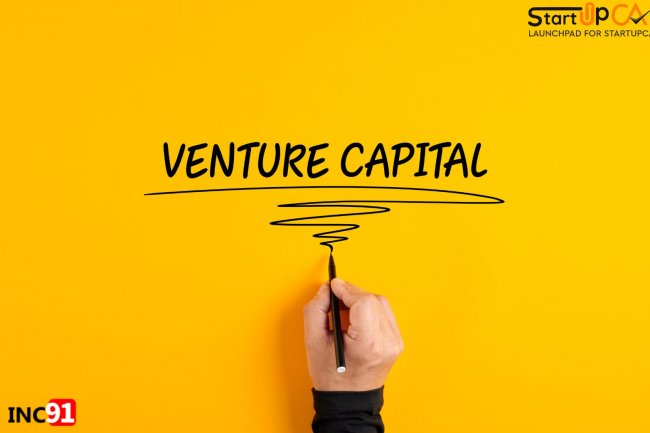What does venture capital mean?
Venture capital is the investment capital given to early-stage, high-potential, and development startup firms. The funding makes money by buying shares in firms in which it invests. High-tech firms typically have a novel invention or business concept in high-tech sectors.

What does venture capital mean?
Venture capital (VC) is the investment capital given to early-stage, high-potential, and development startup firms. The venture capital fund makes money by buying shares in firms in which it invests which typically have a novel invention or business concept in high-tech sectors such as biotechnology and IT.
The first skilled investor to enter into an arrangement at the startup level is the Series A investor. This contribution is accompanied by medium and later-stage financing – the Series B, C and D stages. The final rounds would involve mezzanine, late-stage and pre-IPO support. A Venture Capital can specialise in offering only one of these funding sequences or may provide across all phases of the company life cycle.
“Everybody else is afraid to fail. I don't really care because when I fail, I try something new.”
It is important to know the preferences of the Venture capital that you are approaching, and to clearly articulate what type of funding you are seeking:
Seed capital: If you're just starting out because you don't have a product or a structured business yet, you'd be searching for seed capital. At this point, few venture capital funds and the sum invested will probably be tiny. Investment resources may be used to produce a sample product, to finance consumer analysis or to pay operating set-up costs.
Startup capital: At this stage, your company would have at least one main full-time working sample product available. Funding is also uncommon at this point. It aims to include the appointment of other main management, further market analysis and the finalization of the product or service for business launch.
Early Stage Capital: Two to three years into the business, you've got the organisation off the ground, a management team is in place, and profits are-. At this level, venture capital funding could help you increase your revenue to a break-even point, boost your competitiveness, or increase the efficiency of your business.
Expansion Capital: Your Company is well-founded, and now you're searching for venture capital to help drive your firm to the next stage of development. Funding at this point can help you penetrate new markets or improve your marketing efforts. You can search at venture capital’s that specialise in investments at a later level.
Late Stage Capital: At this time, the business has accomplished respectable profits and profits, and you have a second level of management in place. You could be searching for funds to increase your power, increase your marketing, or increase your working capital.
Bridge Funding: You might even be searching for an investor to help you find a merger or takeover option, or to gain public financing with a stock listing. There is venture capital specialise on this end of the market continuum, dealing in initial public offerings (IPOs), acquisitions or recapitalisations. If you're building an IPO, venture capital will even aid with mezzanine or bridge funding – short-term financing that helps you to compensate for the expenses of going public.
The main element for the venture capital will be risk vs. return. The further the venture capital spends, the higher the inherent costs, and the faster the time to leave the venture capital. It follows that the VC requires a better return on investment at this early point, usually a 10-fold return over four to seven years. A later stage of the VC could be expecting a two to four-fold return within two years.
What's Your Reaction?



















